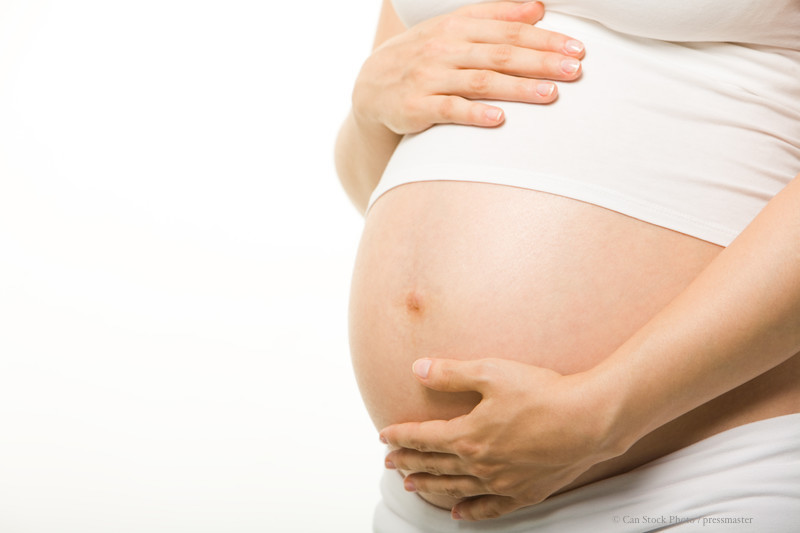In modern obstetric care, there is an increase in high-risk pregnancies. This is due, in part, to the number of women aged over 40 having babies as well as advances in medical treatments and screening tests that support women in pregnancy.
What is a high-risk pregnancy?
An obstetrician will decide if your pregnancy is high-risk based on your chances of having complications that could affect the foetus or mother during pregnancy, and result in pre-term delivery.
A high-risk pregnancy can be identified before a woman is pregnant. Women would be considered high-risk if they:
- Are pregnant with multiples (twins, triplets etc)
- Are aged over 40 years – the risk of miscarriage and genetic disorders increases with age.
- have a history of miscarriage
- had difficulty falling pregnant
- have uterine abnormalities or other female reproductive disorders.
- have existing health conditions, such as a heart condition, diabetes or kidney disease or high body mass index (BMI).
Is a high-risk pregnancy always evident from the outset?
Not necessarily. A healthy woman who fell pregnant naturally, may initially be classed as low risk, but part of the antenatal care involves watching for conditions that change this risk. A woman may develop complications, such as gestational diabetes or preeclampsia, during the pregnancy.
Preeclampsia is the most common serious medical condition during pregnancy. Symptoms include high blood pressure, swollen feet, hands and face. In some cases, women may experience vision changes and headaches. It is most common during a first pregnancy. While you may not realise you have high blood pressure, your obstetrician should pick it up at your antenatal appointments. If you notice that you are retaining fluids (swelling feet etc), or having headaches, it’s best to contact your obstetrician immediately.
Are all pregnancies conceived through assisted reproduction such as IVF, classed as high-risk?
In a sense yes because there is an association with placental issues with IVF pregnancies. Most women who conceive through IVF go on to have a healthy, normal pregnancy. Women who have had multiple IVF cycles before falling pregnant may be followed more closely during their pregnancy.
Women aged over 40 who conceived through IVF also would be considered higher -risk from the beginning of the pregnancy.
Why is expert care so important in these situations?
While the majority of women experience a smooth, uncomplicated pregnancy, some women are at risk of complications during pregnancy. An obstetrician with experience and knowledge of high-risk pregnancies should identify any factors that may be of concern to mum and bub and alter the care during pregnancy. This could include more frequent appointments with the obstetrician, earlier monitoring of mum and bub, and additional ultrasound scans and assessments of fetal well-being.
Early in your pregnancy, your obstetrician will also discuss birthing options with you. It may be that a scheduled C-section in the weeks before your due date is the safest option for delivery, or you may need to be hospitalised for close monitoring during your pregnancy and leading up to the due date.
Outcomes
Pregnancy is naturally a time of increased anxiety for women and couples. This is particularly the case for first time mums and women who have experienced complications in previous pregnancies.
My aim is to work closely with women and their partners every step of the way and to monitor mum and bub to ensure the best outcome – a healthy mother and baby.
Dr. Andrew Cary
Dr Cary, a Gold Coast Obgyn, specialises in all areas of pregnancy care, and has a strong interest and commitment in high-risk pregnancies, including twins and medical conditions of pregnancy.

